简体中文
繁體中文
English
Pусский
日本語
ภาษาไทย
Tiếng Việt
Bahasa Indonesia
Español
हिन्दी
Filippiiniläinen
Français
Deutsch
Português
Türkçe
한국어
العربية
What Is a Good Spread in Forex? A Beginner’s Guide
Abstract:Learn what a good spread in forex is, how it impacts profits, and which brokers offer the best low-spread options for traders.
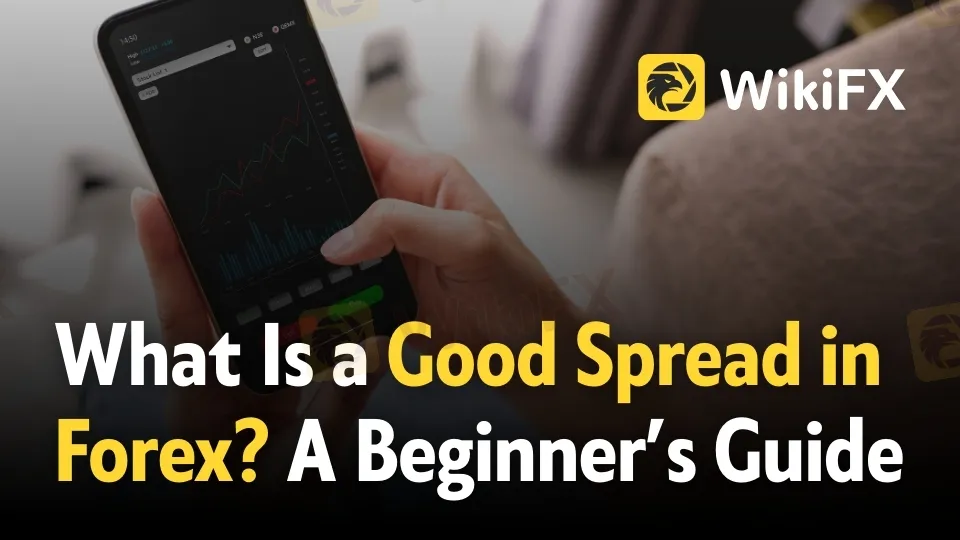
What Defines a Good Spread in Forex Trading?
In the world of currency markets, the spread represents the gap between the buying price (bid) and the selling price (ask) of a currency pair. For traders, this small difference is not trivial—it is one of the core costs of every transaction. A spread considered “good” in forex typically means no more than a single pip on major pairs when conditions are stable.
Several factors influence spreads: the broker you choose, the type of trading platform in use, and the level of market liquidity. Heavily traded pairs like EUR/USD, GBP/USD, and USD/JPY usually feature the most competitive spreads, while exotic or less liquid pairs often come with significantly higher costs.
Why Spreads Are Crucial for Every Trader
The concept of forex spread explained highlights why it matters so much. Each trade you place begins with a cost equal to the spread. The narrower it is, the sooner you can potentially reach profitability. On the other hand, a larger spread requires stronger price movement before a trade turns positive.
For example, if EUR/USD has just a 0.5-pip spread, the cost is minimal, whereas a 3-pip spread instantly makes the trade more expensive. This can be decisive for scalpers and intraday traders, who might open dozens of positions daily. The broader the spread, the harder it becomes to sustain their edge, underscoring how spreads affect forex profits directly.
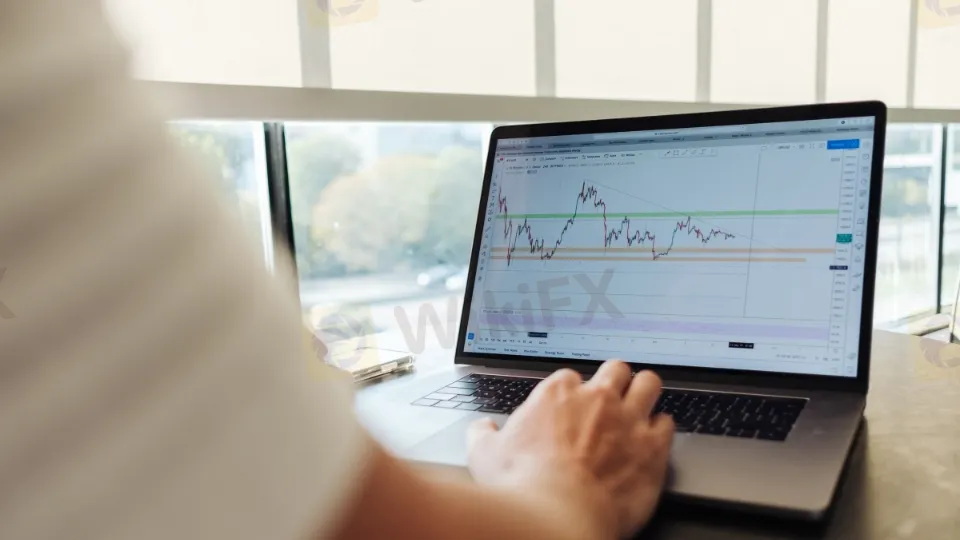
Fixed vs. Variable Spread Options
Brokers usually provide two types of spreads:
- Fixed spreads: These remain constant, offering predictable conditions regardless of volatility. They provide certainty but are often priced slightly higher.
- Variable spreads: These fluctuate depending on market depth and volatility. With ECN broker spreads, costs can be very tight—sometimes approaching 0 pips during highly liquid sessions.
The decision between variable vs fixed spread depends on your strategy. Swing traders may value consistency, while day traders usually gain an advantage from flexible, tighter forex trading costs when liquidity is high.
Benchmarking Average Forex Spreads
When conducting an average forex spread comparison, typical ranges include:
- Major currency pairs: 0.1 – 2.0 pips
- Minor crosses: 1.0 – 4.0 pips
- Exotic pairs: 5.0 pips or above
Some low spread forex brokers advertise nearly zero spreads, but traders must remember that many add a commission or hidden forex broker spread fees. This is often referred to as spread markup. The real cost should include both elements—raw spreads and charges combined.
Ways to Minimize Spread Costs
Practical strategies to keep trading expenses low include:
- Enter trades during the most liquid sessions, such as when London and New York overlap.
- Work with brokers known for tight spreads in forex trading.
- Calculate spread cost in forex alongside commissions and the potential effect of slippage.
- Be cautious around major economic events, when spreads can expand sharply.
Conclusion
So, what is a good spread in forex? On major pairs, the most favorable conditions fall in the range of 0 to 1 pip when trading with reputable, top-tier providers. Still, the “best forex spread for beginners” is not just about numbers. Regulation, integrity, and transparency play an equal role in safe and profitable trading. Ultimately, spreads remain a central factor in planning and evaluating any forex strategy.
Reminder: Always verify a brokers negative records on the WikiFX app before investing. Scan the QR code below to download and use the app on your smartphone.

Disclaimer:
The views in this article only represent the author's personal views, and do not constitute investment advice on this platform. This platform does not guarantee the accuracy, completeness and timeliness of the information in the article, and will not be liable for any loss caused by the use of or reliance on the information in the article.
Read more

Simulated Trading Competition Experience Sharing
Champion Strategy Revealed: Get a Head Start on Winning
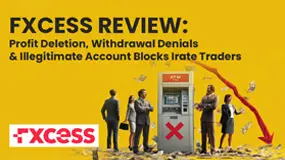
Fxcess Review: Profit Deletion, Withdrawal Denials & Illegitimate Account Blocks Irate Traders
Is withdrawing funds from Fxcess a herculean task for forex traders like you? Does it delete profits using manipulative practices? Does your Fxcess forex trading account balance turn to ZERO upon withdrawal request? Or Has your account been blocked when you sought withdrawals from it? These complaints have become extreme under Fxcess Review online. In this article, we have shared a few complaints. Take a look!
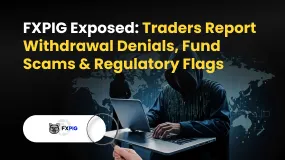
FXPIG Exposed: Traders Report Withdrawal Denials, Fund Scams & Regulatory Flags
Do you face massive losses due to astonishing spreads at FXPIG? Have you witnessed multiple trade executions by the Georgia-based forex broker even though you wanted to execute a single order? Has this piled on losses for you? Is the FXPIG withdrawal too slow? Maybe your trading issues resonate with some of your fellow traders. In this FXPIG review article, we have shared these issues so that you can introspect them thoroughly before deciding on the best forex trader.
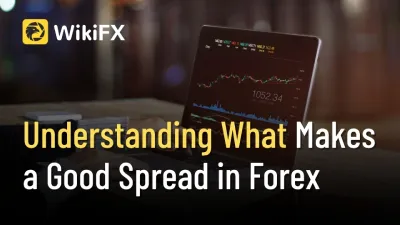
Understanding What Makes a Good Spread in Forex
Find out what a good spread in forex trading is, typically between 0 to 5 pips, and why it matters for traders aiming to reduce expenses.
WikiFX Broker
Latest News
Trillium Financial Broker Exposed: Top Reasons Why Traders are Losing Trust Here
FIBO Group Ltd Review 2025: Find out whether FIBO Group Is Legit or Scam?
Amillex Withdrawal Problems
Is INGOT Brokers Safe or Scam? Critical 2025 Safety Review & Red Flags
150 Years Of Data Destroy Democrat Dogma On Tariffs: Fed Study Finds They Lower, Not Raise, Inflation
CQG Partners with Webull Singapore to Power the Broker’s New Futures Trading Offering
【WikiEXPO Global Expert Interviews】Ashish Kumar Singh: Building a Responsible and Interoperable Web3
Trump: India\s US exports jump despite 50% tariffs as trade tensions ease
IEXS Review 2025: A Complete Expert Analysis
CySEC Flags 21 Unauthorized Broker Websites in 2025 Crackdown
Currency Calculator




